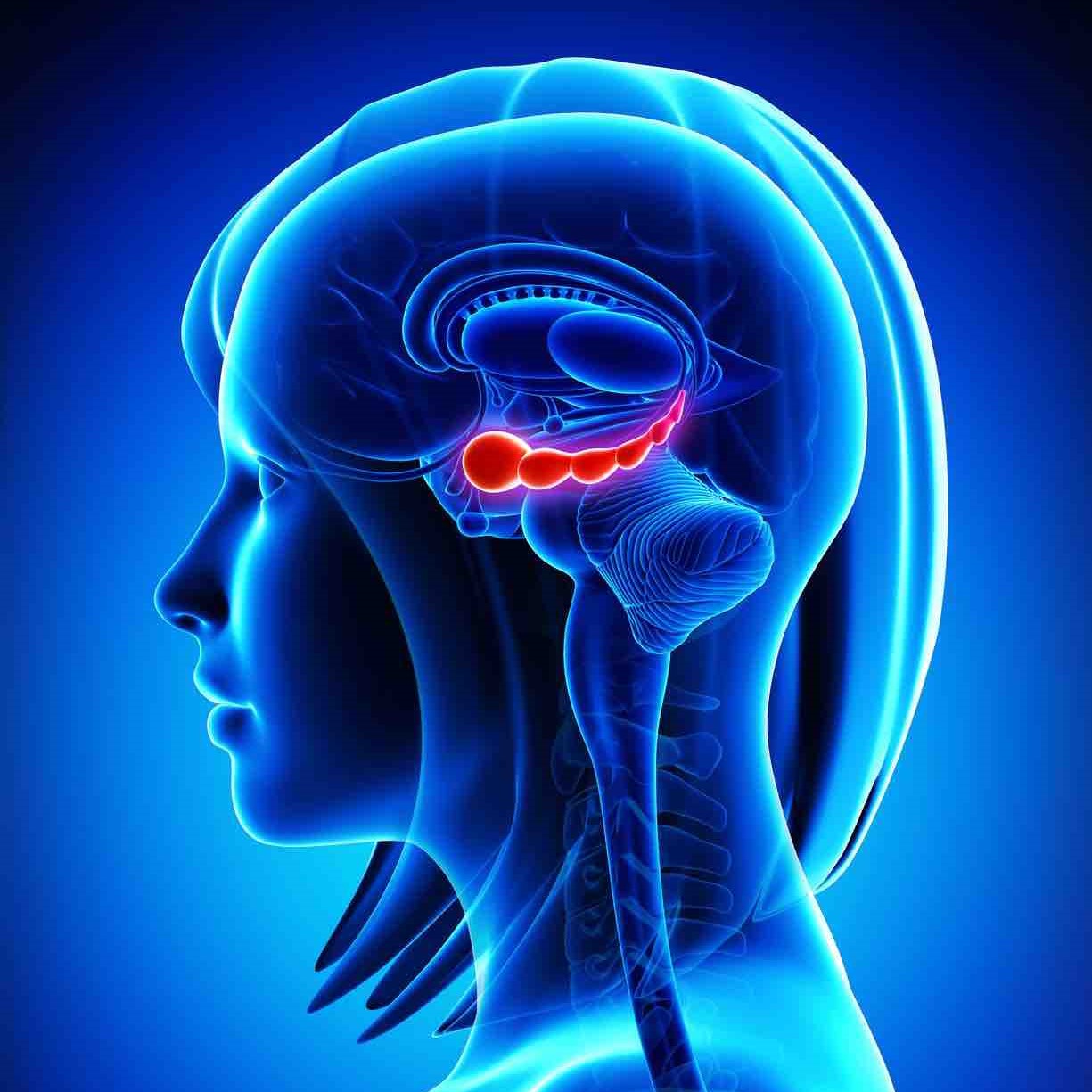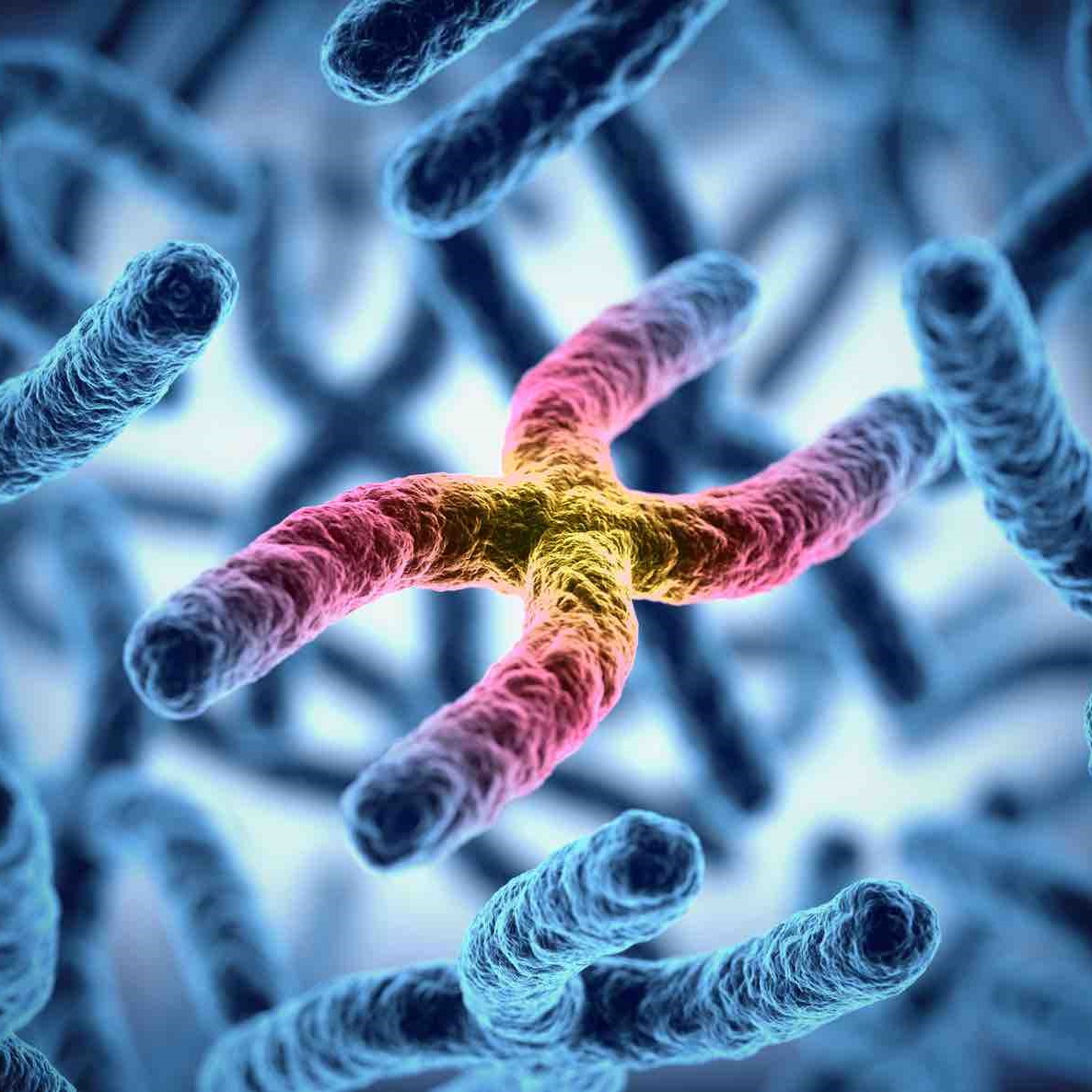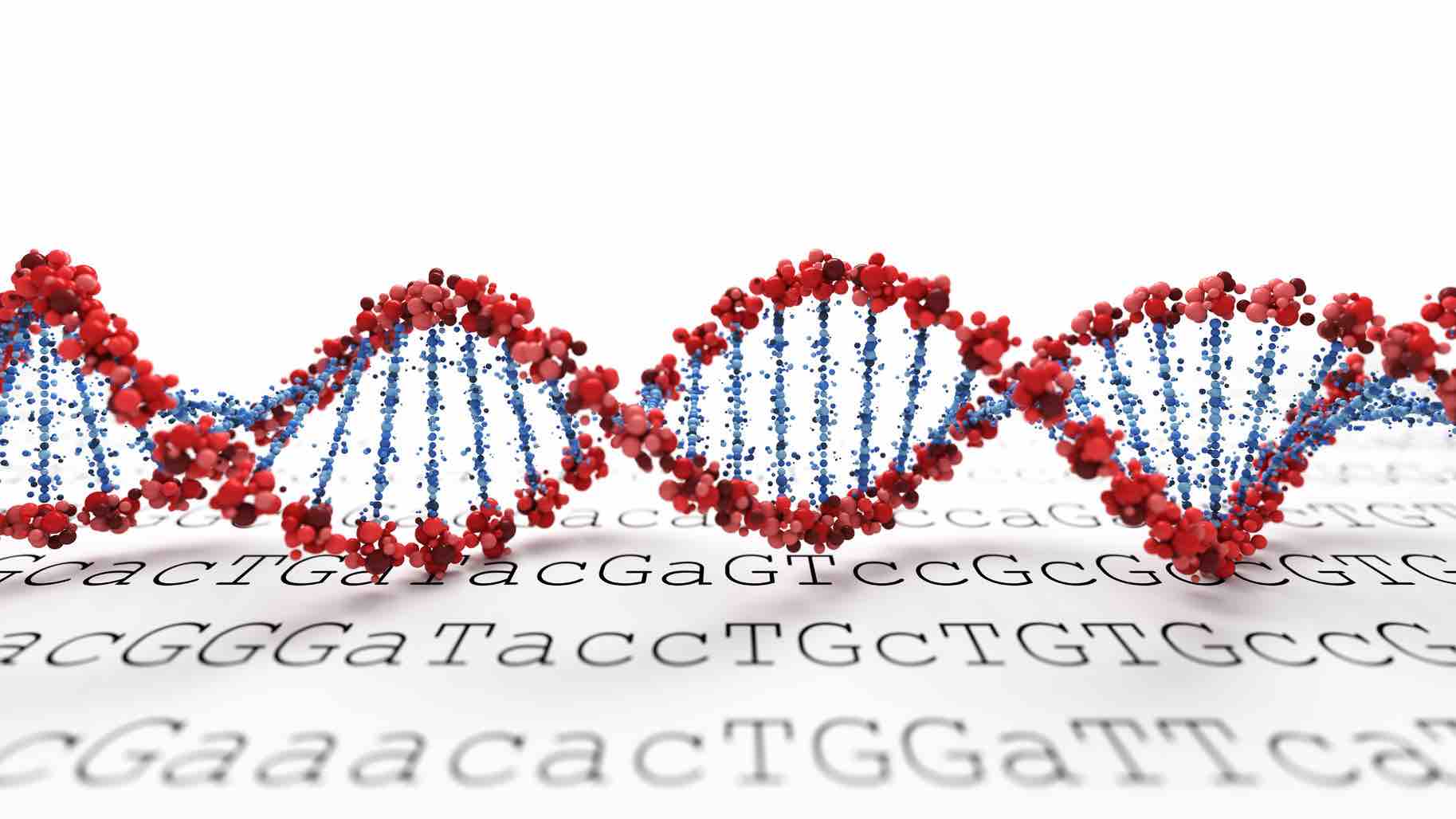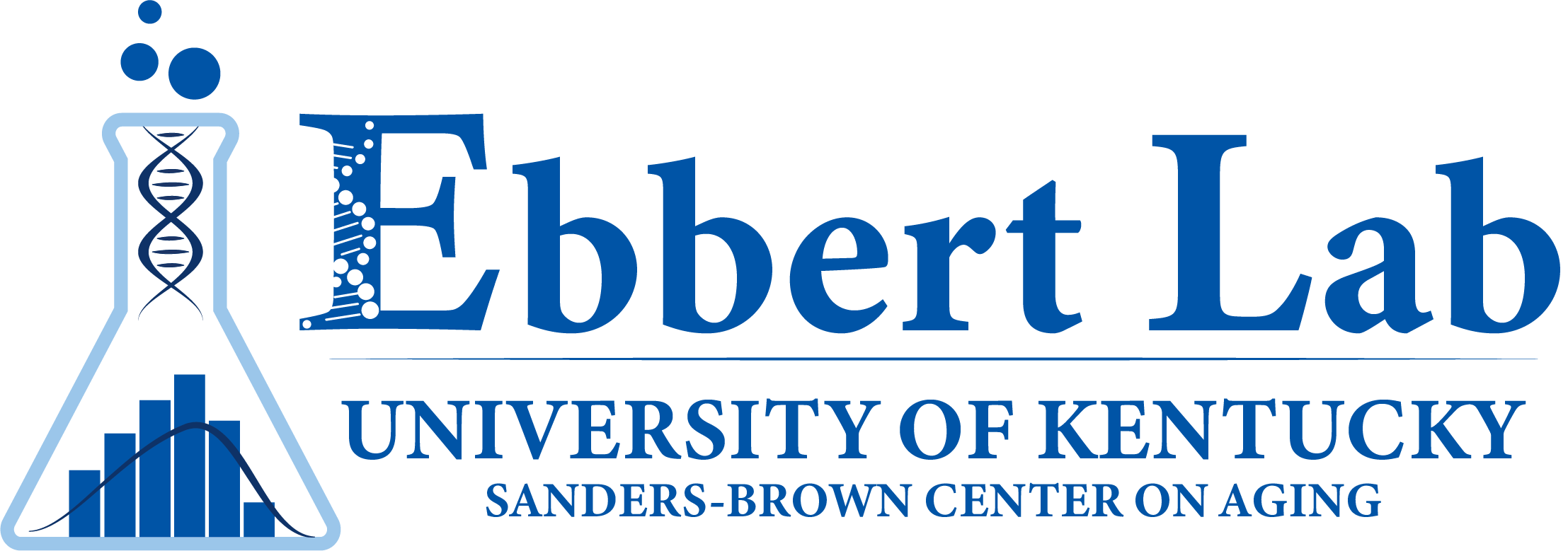Current Research
Lab Mission
Our purpose and mission are to meaningfully impact human health and disease, where we are primarily focused on Alzheimer's disease and other neurodegenerative diseases. Other diseases include amyotrophic lateral sclerosis (ALS) and frontotemporal dementia (FTD). We are also heavily involved in human genomics. We’re looking for individuals who are genuinely excited and motivated by the prospect of improving human health and disease.Approaches
We believe wet lab + dry lab = better science. That's why, to accomplish our goals, we are employing cutting-edge approaches in both the "wet" and "dry" labs, including long-read sequencing, Bioinformatics, and Computational Biology. The wet-lab approaches include Bionano Genomics, PacBio, and Oxford Nanopore Technologies, while the dry-lab approaches range from algorithms to understand the underlying biology, to large-scale disease studies. Equally important, however, is that we are determined to collaborate with molecular biologists to truly understand the disease from DNA through molecular pathways. We can only succeed if we work openly with other labs to make the most meaningful difference possible.
Current Projects

Alzheimer's disease
Alzheimer's disease is well known for its symptoms involving memory loss, and is the only top disease lacking a meaningful treatment. We want to contribute to Alzheimer's disease research: (1) help develop a meaningful treatment, and (2) develop a pre-symptomatic disease diagnostic because, unlike other diseases, the body can't heal from neurodegenerative diseases like Alzheimer's disease—once sympotoms onset, it's too late. Dr. Ebbert has a strong background in developing disease diagnostics. We are performing a long-read DNA and RNA sequencing in large Alzheimer's disease cohorts to identify "structural" DNA variants (≥50 contiguous nucleotides) and aberrant RNA isoforms directly involved in disease.

Genomics
We're fascinated with genomics. Genomics is foundational to understanding human health and disease (or biology of any kind). We, along with our collaborators, seek to improve our understanding of the human genome and downstream factors. We are specifically focused on characterizing and understanding structural DNA variants (≥50 contiguous nucleotides) and RNA isoforms. For example, the top genes implicated in Alzheimer's disease average ~12 RNA isoforms; RNA sequencing studies have historically treated all of these isoforms as a single "gene", which is a major oversimplification of the underlying biology. We're working to better understand how these isoforms vary across tissue, cell type, and disease.

Amyotrophic lateral sclerosis
Amyotrophic Lateral Sclerosis (ALS, or Lou Gehrig's disease) is a fatal neurodegenerative disease that often strikes relatively suddenly between 45 and 55. Symptoms include progressive muscle weakness in the extremities and/or muscles required for swallowing or breathing. Longevity can range from six months to five years. It is also genetically linked to Frontotemporal Dementia (FTD). Our approaches involve long-read and single-cell sequencing.
lab milestones
Total Publications
First or corresponding-author Publications
Book Chapters


